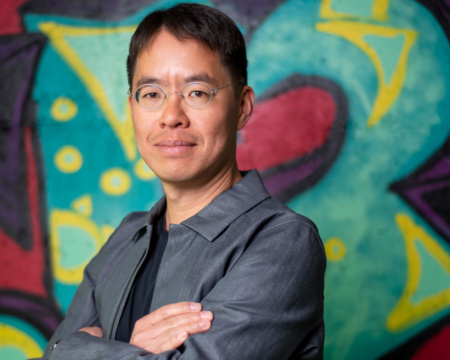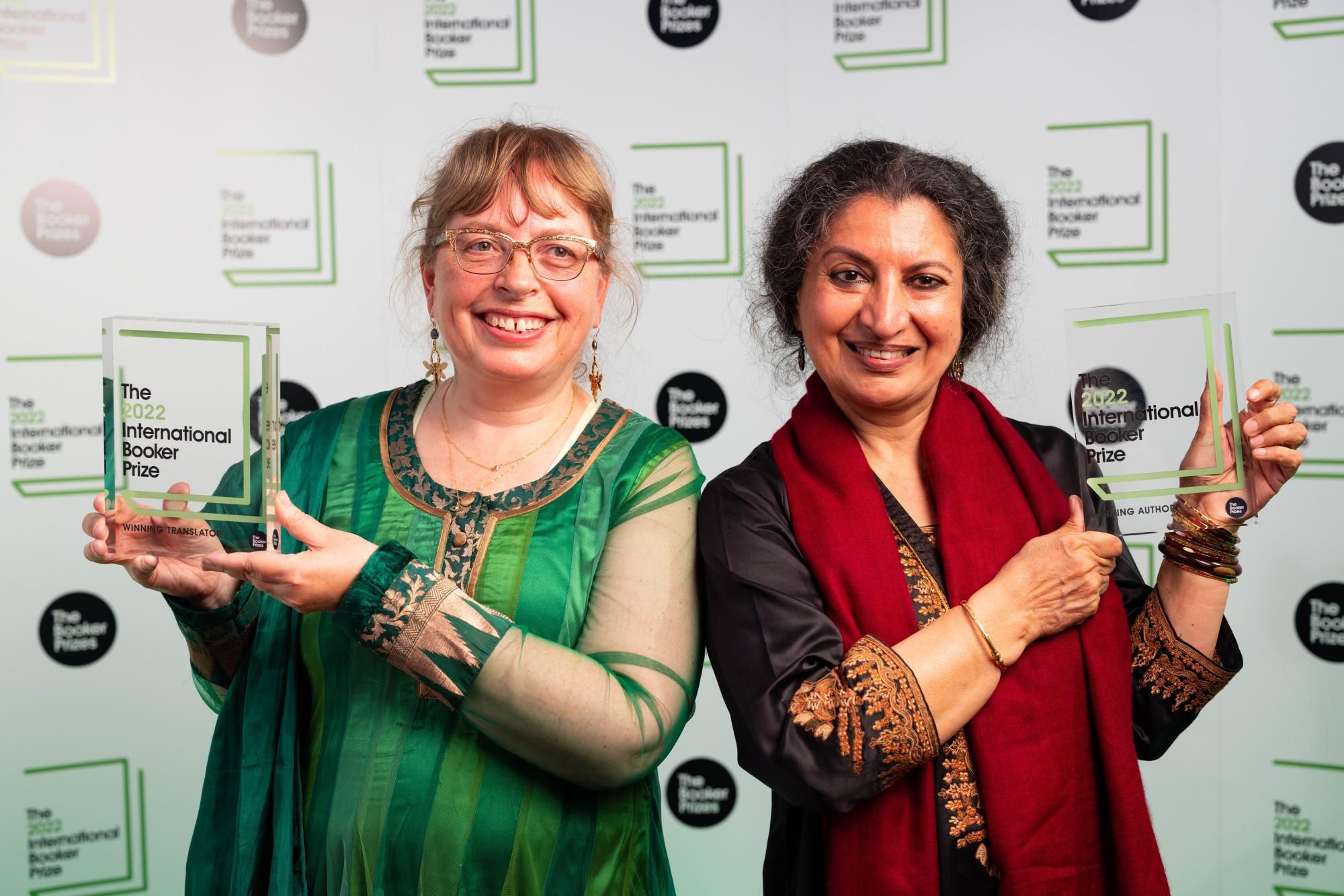Toronto physician and Giller Prize-winning author Vincent Lam will be attending Vaughan Public Libraries‘ Bookfest on Saturday, October 14 at the Civic Center Resource Library. If you want to meet Vincent in person, come join us and enjoy an afternoon of fun – we have designed lots of activities for all ages! Of course, if you prefer a Zoom meeting, you can register on Eventbrite.
In one of his interviews, Vincent said that we human were obliged to live on the surface sometimes and writing allowed him to dive down into those currents deep below the surface. The depth and authenticity of his books is what grabs me. His 2006 debut Bloodletting and Miraculous Cures follows the lives of a group of medical students as they overcome each unique challenge from qualifying medical schools to practicing in emergency rooms. The Giller winner explores both common and extraordinary moral dilemmas and offers a shockingly realistic portrait of today’s medical profession. 17 years later, Vincent’s new book On the Ravine once again captivates me from the first page as Dr. Chen brings needles and other injection supplies to the “addicts” who camp out on the ravine in Toronto’s east end. According to Health Infobase, there was a total of 36,442 apparent opioid toxicity deaths between January 2016 and December 2022 in Canada. Vincent’s new book offers a timely, in-depth look at this national crisis with piercing honesty. It raises many tough questions about doctor-patient relationship and big pharma practices.
For such a grim topic, delightfully, Dr. Lam isn’t just equipped with medical knowledge, dry stats, and hard facts, but also with unparallel literary skills that allows him to successfully deliver a powerful but beautiful story with multiple layers, complex characters, and a compelling plot.
Continue reading


